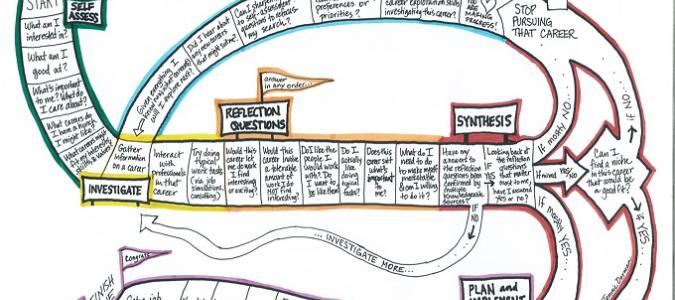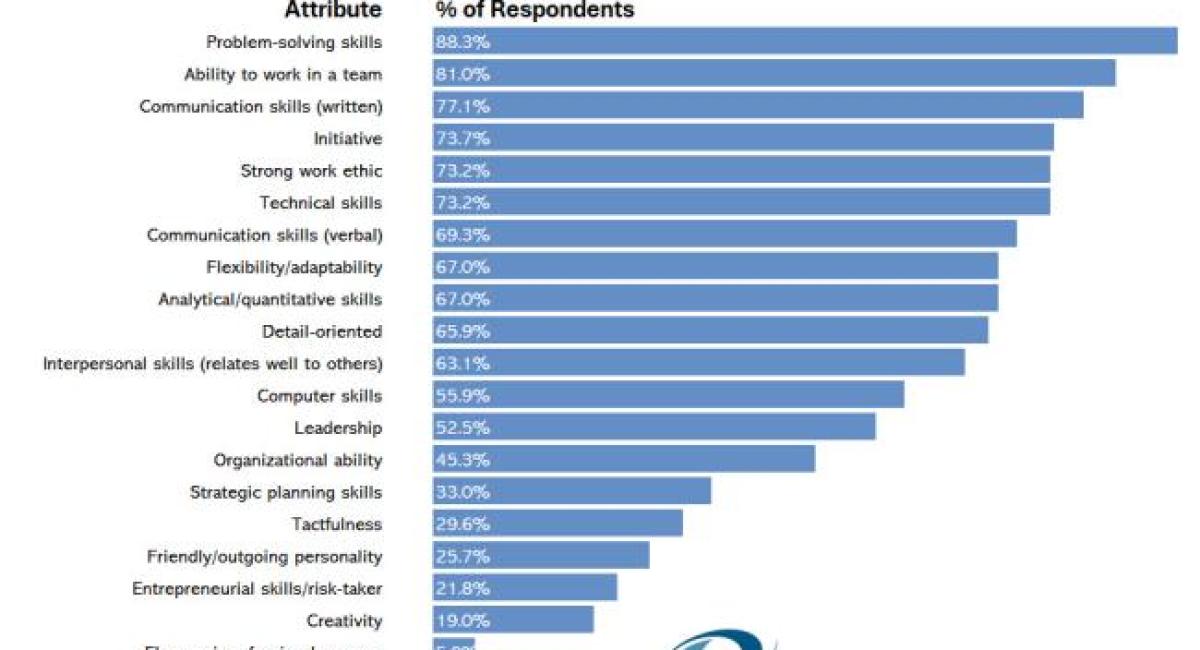If you are a fellow at the NIH as a post-bac, graduate student, or post-doc, you are probably thinking about your next step after your fellowship, which likely involves a job search. There are many competing fee-based services available in the marketplace outside of the NIH. However, before you seek a service that would charge you an expensive fee, we invite you to check out all the FREE career resources through the NIH Office of Intramural Training and Education .
Interview Decisions Made in 3-Minutes
Chaos Theory of Careers
There are many career development theories. A few we have reviewed on this blog have included Super’s Life-Span, Life-Space Theory as well as Krumboltz’s Happenstance Learning Theory. However, today we are going to be reviewing the Chaos Theory of Careers (CTC) as set forth by Pryor and Bright, 2011. According to the theorists, “The aim of chaos-informed career construction is to help clients continually explore their limits, the possibilities around them and to make sense of some of the mystery of themselves and their complex dynamical world.”

To Postdoc or Not?
Many PhDs are considering next career steps after the completion of their degree. A big question on many minds is, “Should I do a postdoc or not?” Stephanie Eberle addresses this question in an article on Inside Higher Ed, “Do You Need a Postdoc?”
How to Talk to Your PI
On the OITE Career Blog, we often write about mentoring relationships; after all, they are often vital to your success in the lab and beyond.
Career Options Series – 10 Fields to Explore Further
The OITE Career Options Series within this blog is intended to give you a snapshot overview of different career paths. The goal of this blog series has been to help trainees explore a variety of different options by connecting you to relevant resources. After all, a large part of making a good career decision is done by gathering information about each field of interest. Here are ten careers that you can further explore within the series:
Waiting is Hard to Do
From the Archive: Blog written by Michael J. Sheridan, MSW, PhD, Special Advisor for Diversity and Wellness Programs, [email protected] It is December 2019, and while many are enjoying the holidays, if you are trainee, you are probably asking yourself, “I haven’t heard back from a number of medical schools, is there something I can do to move them along? Should I assume I won’t get in? Will I get an interview at the graduate programs that I applied to? I am waiting to hear from academic positions …is there anything I can do? The good news is that, if you haven’t heard anything yet, you are still being considered.

Career Exploration Road Map
The career exploration road map is a tool that was developed by Bill Lindstaedt and Jennie Dorman to help students/trainees visualize the career exploration process and track their progress. This tool was initially developed for graduate students and postdocs at the University of California, San Francisco, but is now available for all to use.

Marketing Your Research Experience for Project Management Positions
Scientists and trainees often have a hard time seeing how their lab-based skills can be applied beyond the bench. When you are job searching, whether you are seeking a position in academia, industry, or government, it is essential that you have a clear idea of your main attributes and how they could be applied to your intended position of choice. Identifying skills you already have developed and will be able to transfer to your next professional position is a key component of a successful job search.




